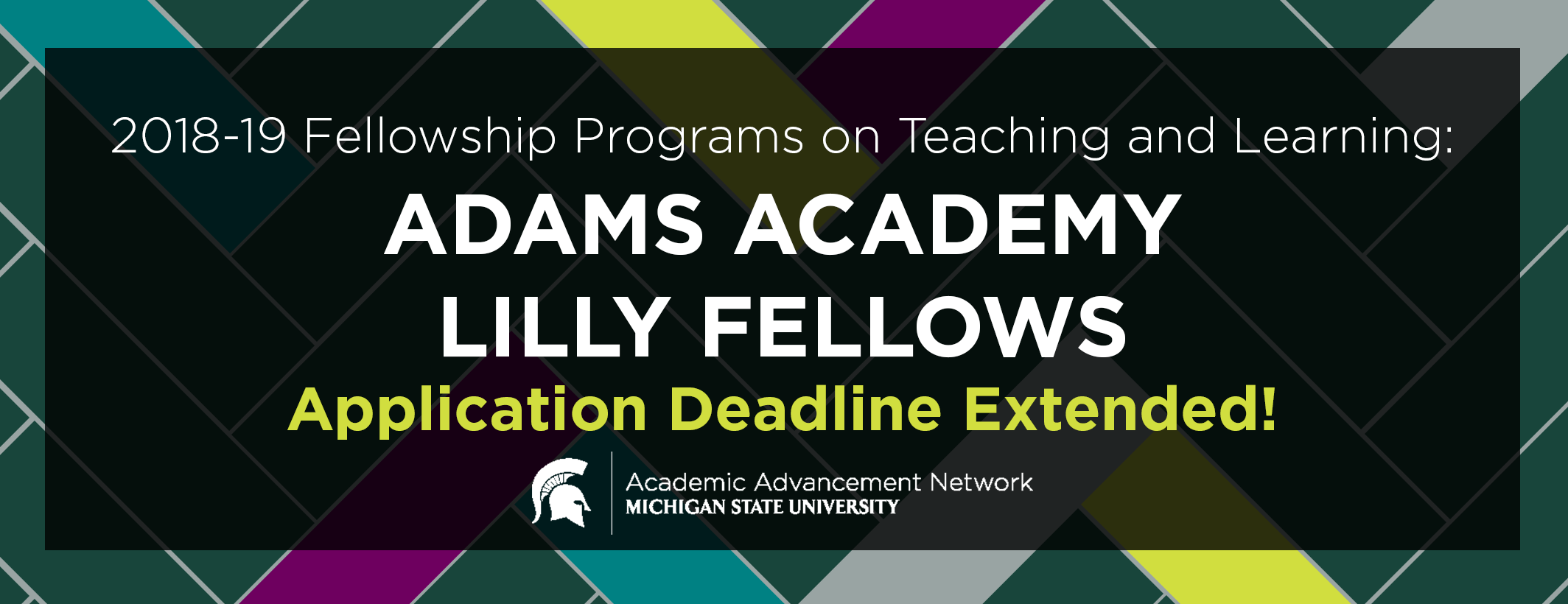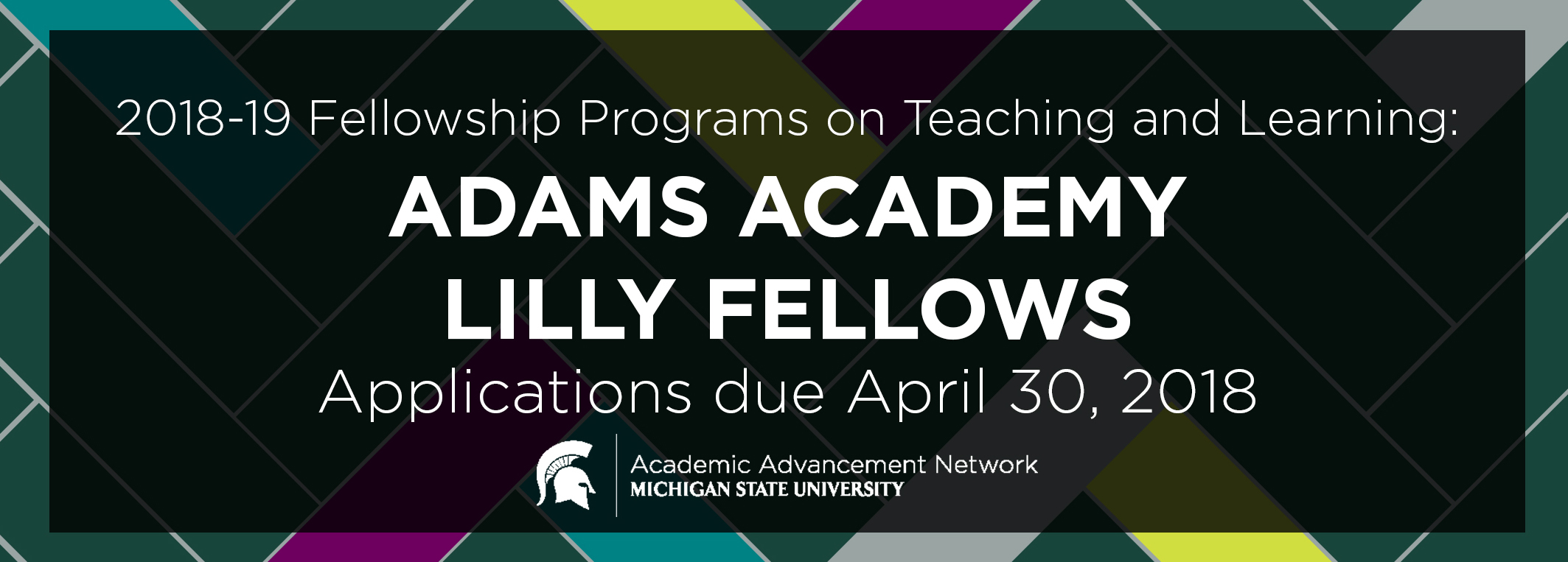Best practices for college/unit leaders
The “best” formal mentoring program is one that is designed to meet the needs of an individual college or unit. Different models exist and deciding which model is best requires aligning the unit’s particular needs,
Introduction
The “best” faculty mentoring happens when mentors and mentees are prepared and strong relationships develop. Although there are many formal mentoring models, they all share the goal of facilitating the professional development of mentees.
Introduction
No matter what mentor model is used, it is critically important to establish how issues of confidentiality will be handled. All academics need to work in an environment in which they can feel safe and able to address concerns without fear of retribution.
Introduction
A mentor model should be chosen or developed to meet the needs of a specific unit or individual. The options below include traditional approaches as well as models developed by other institutions that pulled strategies from multiple sources to create paradigms appropriate to their needs and context.
Introduction
This series of pages on mentoring is designed to provide ideas and resources related to mentoring, particularly for faculty and academic staff. It is critical that each of these individuals on our campus has access to the information and support they need to be successful.

Deadline for the 2018-19 Adams Academy and Lilly Fellows was extended to May 17, 2018, at 5:00 p.m.!
Teaching and learning are at the heart of what we do here at Michigan State University.
Marilyn Amey’s role as an administrator is beautifully tied to her scholarship. Throughout her career, Marilyn’s research has focused on leadership and organizational change in higher education. She has been at MSU since 1997,

Teaching and learning are at the heart of what we do here at Michigan State University. Two AAN fellowship programs on teaching and learning are fantastic opportunities to grow in a community of practice while developing a Scholarship of Teaching and Learning project,



